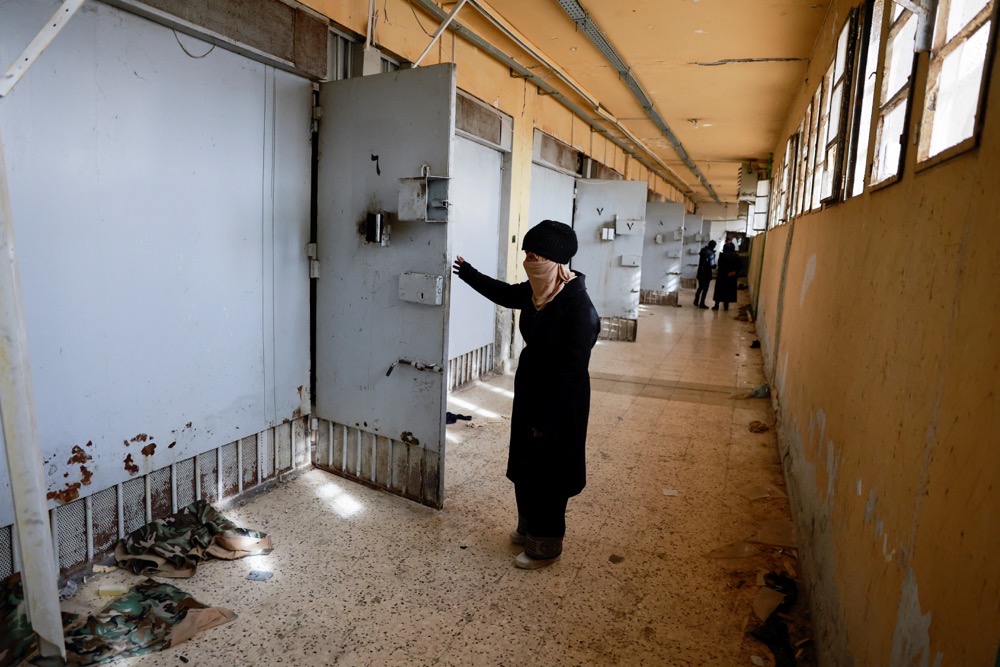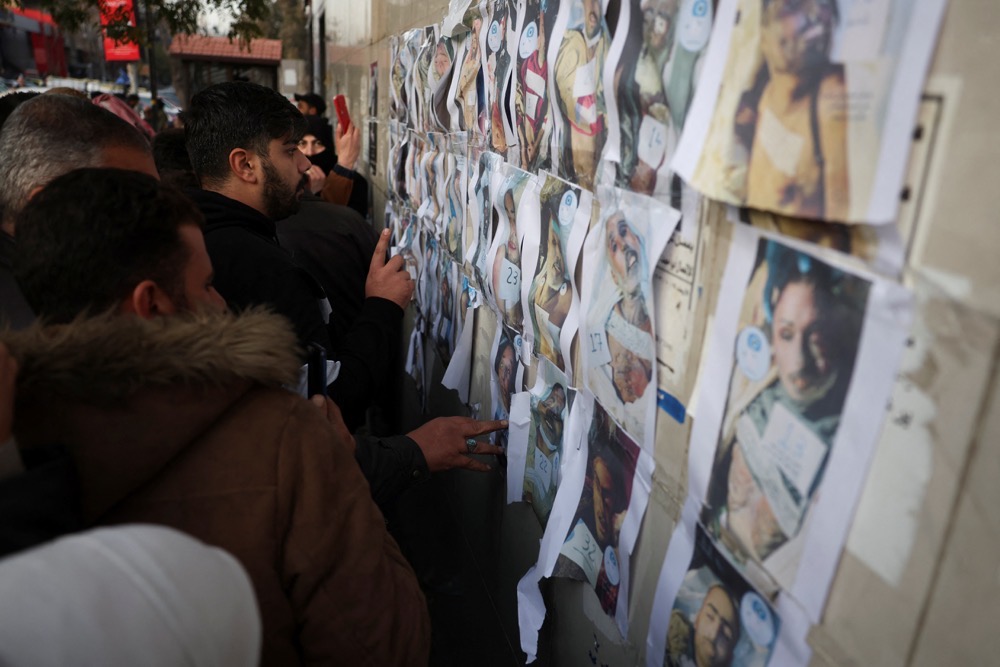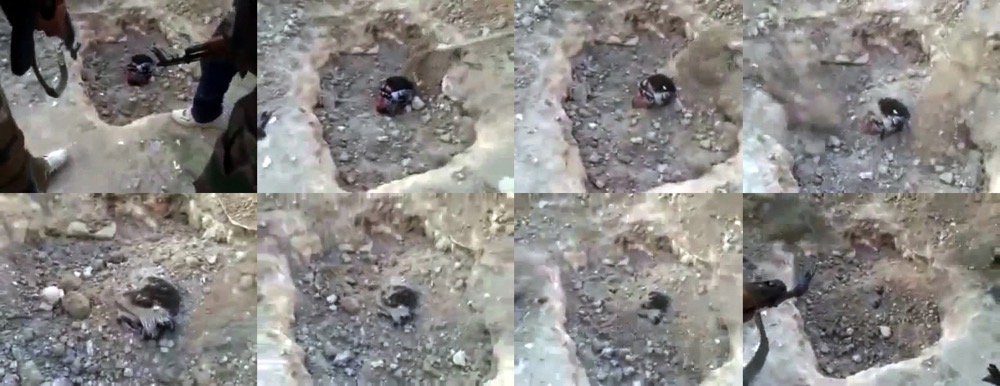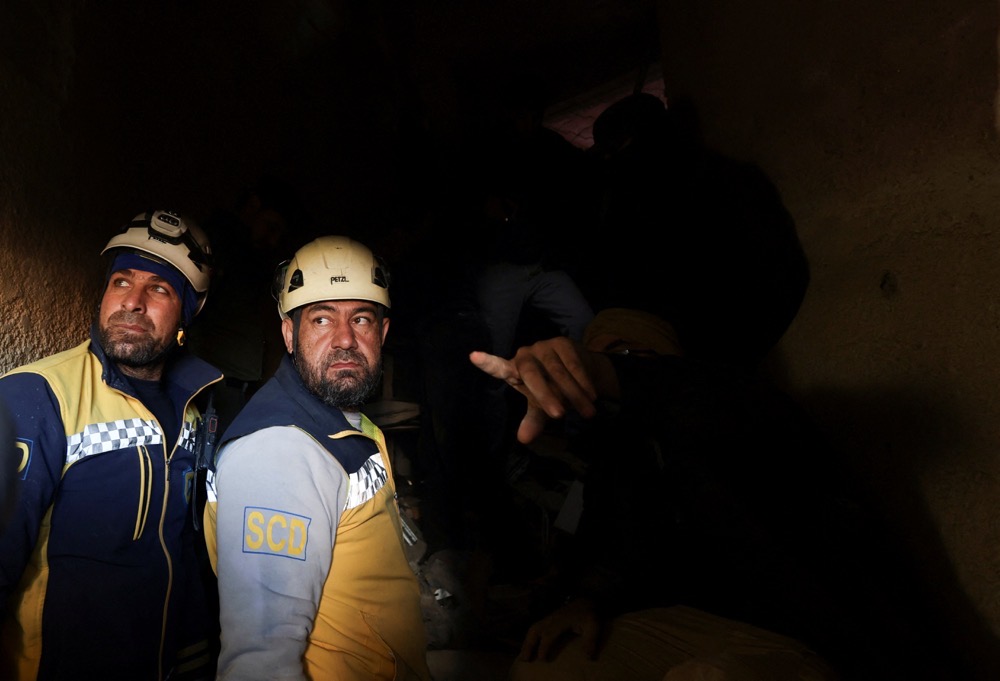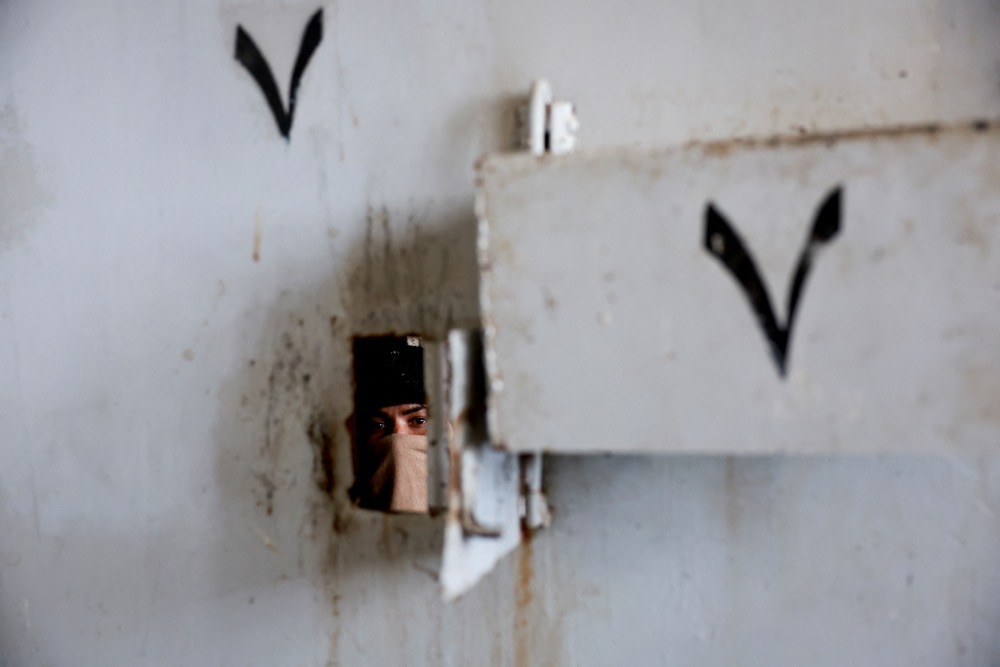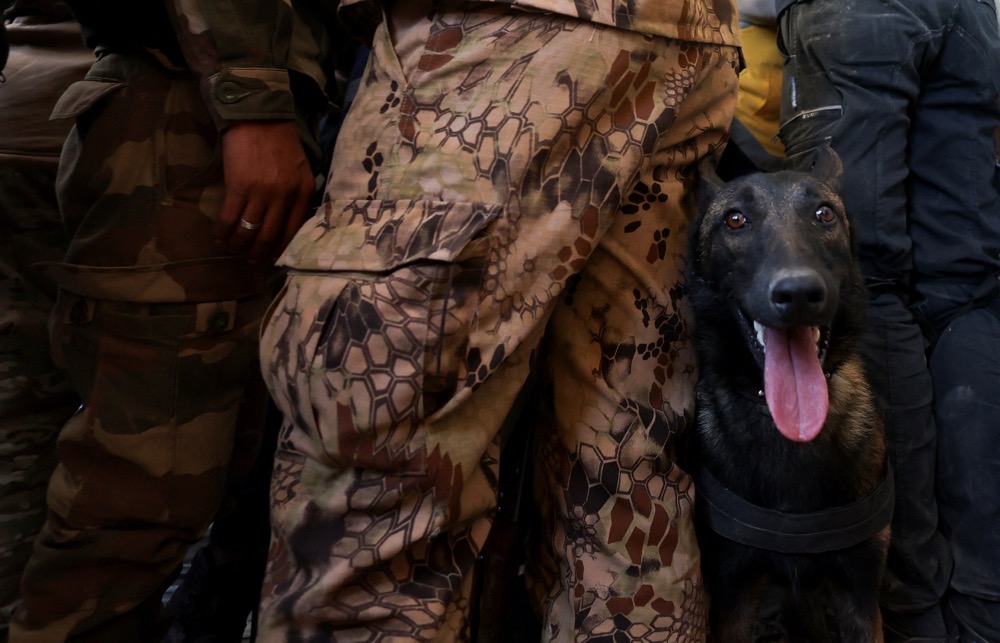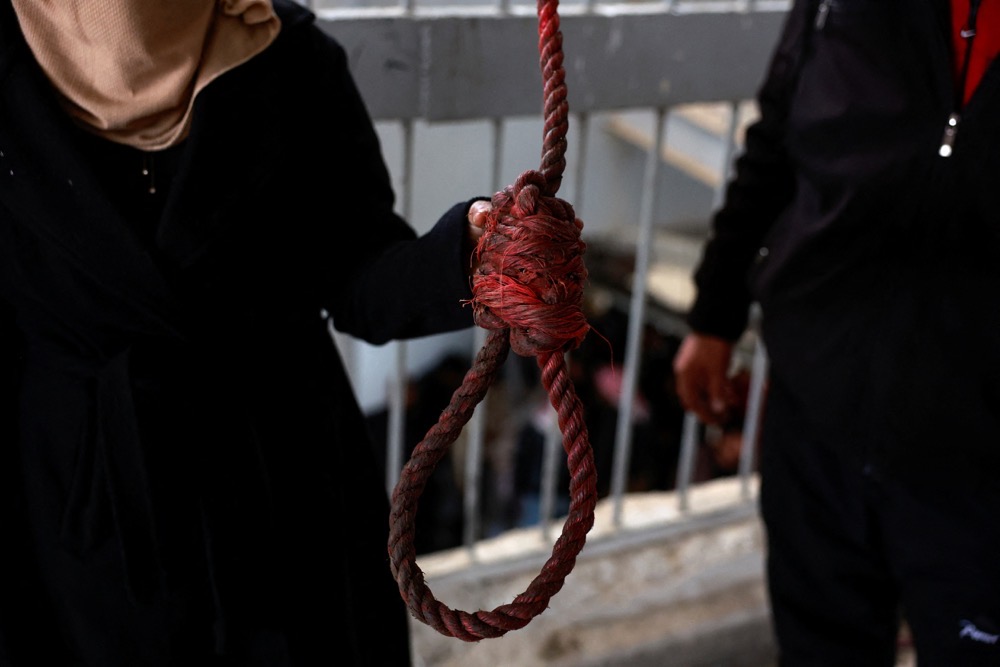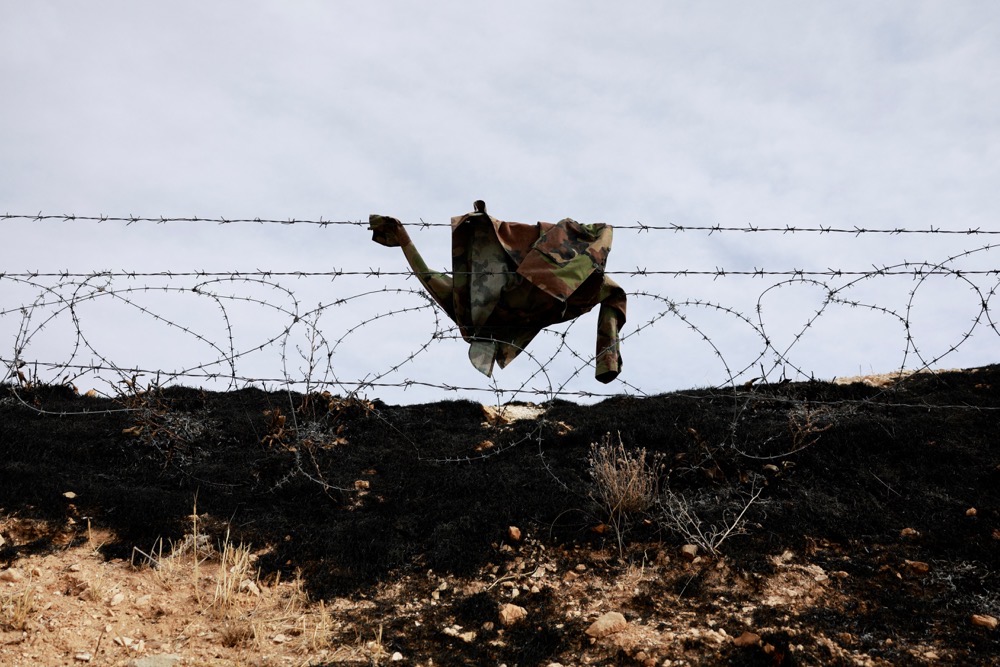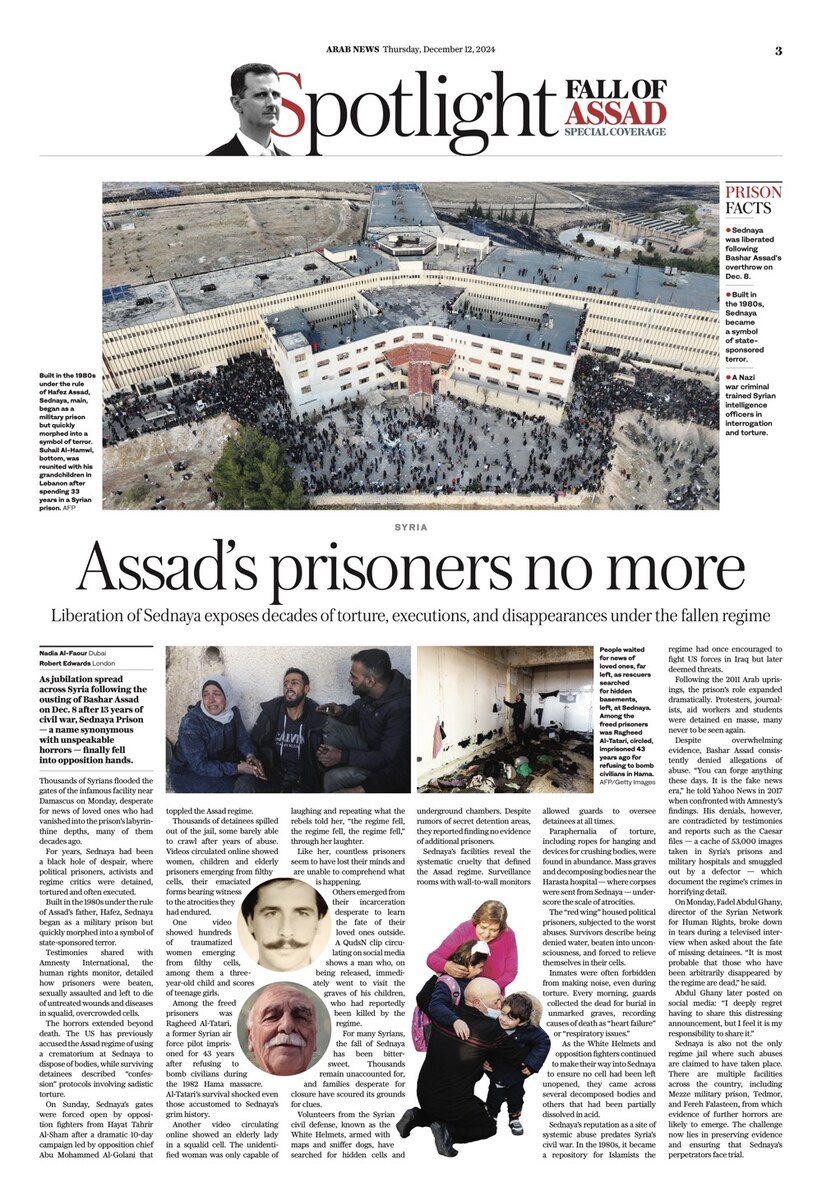RAFAH: Doubts were growing on Monday about a plan for a Gaza ceasefire and hostage release deal outlined by US President Joe Biden as heavy fighting raged for a third day since his White House address.
Biden on Friday presented what he labelled an Israeli three-phase plan that would end the bloody conflict, free all hostages and lead to the reconstruction of the devastated Palestinian territory without Hamas in power.
However, Netanyahu’s office stressed Saturday that Israel would push on with the war sparked by the October 7 attack by Palestinian militants on southern Israel until all of its “goals are achieved” including the destruction of Hamas’s military and governing capabilities.
Israeli media have questioned to what extent Biden’s speech and some crucial details were coordinated with Netanyahu’s team, including how long any truce would hold and how many captives would be freed when.
Israeli media quoted Netanyahu as saying on Monday that the first phase of a US-promoted plan to wind down the Gaza war could be undertaken without necessary agreement on what follows.
The leaked quotes from a closed-door parliamentary meeting, which were not immediately confirmed by officials, suggested Israel sees a possibility of entering an initial Gaza truce though it has ruled out ending the war as demanded by Hamas.
Mediators the United States, Qatar and Egypt later said they called “on both Hamas and Israel to finalize the agreement embodying the principles outlined by President Joe Biden.”
White House National Security Council spokesman John Kirby said Sunday that “we have every expectation that if Hamas agrees to the proposal... that Israel would say yes.”
US Secretary of State Antony Blinken “commended” Israel on the plan in a phone call with war cabinet member Benny Gantz and Defense Minister Yoav Gallant, the State Department said.
But for now, the bombardments and combat showed no sign of easing in the Gaza war soon entering its ninth month that has devastated the Palestinian coastal territory of 2.4 million people.
On Monday the Israeli military said that over the past day its forces had struck “over 50 targets in the Gaza Strip.”
Gaza hospitals on Monday reported at least 19 people killed in overnight strikes.
The Gaza war was sparked by Hamas’s October 7 attack, which resulted in the deaths of 1,190 people, mostly civilians, according to an AFP tally based on Israeli official figures.
Militants also took about 250 hostages, 120 of whom remain in Gaza, including 37 the army says are dead.
Israel’s retaliatory bombardments and ground offensive have killed at least 36,439 people in Gaza, mostly civilians, the Hamas-run territory’s health ministry said on Sunday.
Heavy fighting has raged especially in Gaza’s far-southern Rafah area near the Egyptian border, where most civilians have now been displaced once more, according to UN agencies.
Air strikes and artillery shelling were reported in Rafah, mainly in the Tal Al-Sultan neighborhood, as well as in Gaza City, witnesses said.
“Troops are continuing intelligence-based targeted operations in the Rafah area,” the army said.
“Over the past day, the troops conducted scans and located terror infrastructure and large quantities of weapons.”
Gaza’s European hospital said 10 people were killed and several wounded in an Israeli air strike on a house near the main southern city of Khan Yunis.
And six people were reported killed in a strike on a family home in the central Bureij refugee camp, according to Al-Aqsa Martyrs hospital.
Netanyahu — a hawkish veteran leading a fragile coalition government often described as the most right-wing in Israel’s history — is under intense domestic pressure from two sides.
Relatives and supporters of hostages have staged mass protests demanding that he strike a truce deal — but the premier’s far-right coalition allies are threatening to bring down the government if he does.
According to Biden, Israel’s three-stage offer would begin with a six-week phase that would see Israeli forces withdraw from all populated areas of Gaza and an initial hostage-prisoner exchange.
Both sides would then negotiate for a lasting ceasefire, with the truce to continue as long as talks are ongoing, Biden said, adding it was “time for this war to end.”
Netanyahu took issue with Biden’s presentation, insisting that according to the “exact outline proposed by Israel” the transition from one stage to the next was “conditional” and crafted to allow it to maintain its war aims.
Finance Minister Bezalel Smotrich and National Security Minister Itamar Ben Gvir, leaders of extreme-right parties, warned they would leave the government if it endorsed the truce proposal.
But opposition leader Yair Lapid, a centrist former premier, said the government “cannot ignore Biden’s important speech” and vowed to back Netanyahu if his far-right coalition partners quit.
Gallant, who has criticized Netanyahu over the lack of a post-war plan for Gaza, said Sunday that Israel was “assessing a governing alternative” to Hamas to rule the territory after the war ends.
UN and other aid agencies have warned for months of the looming risk of famine in the besieged territory.
At a hospital in Deir Al-Balah, 33-year-old Amira Al-Taweel said that her frail son, suffering from malnutrition, “needs treatment and milk, but there’s none available in Gaza.”
Israel’s seizure last month of the Rafah crossing has further slowed sporadic aid deliveries for Gaza’s people and effectively closed its main exit point on the Egyptian border.
Cairo refuses to coordinate with Israel humanitarian deliveries through Rafah, but has agreed to send some aid via Israel’s Kerem Shalom crossing.












